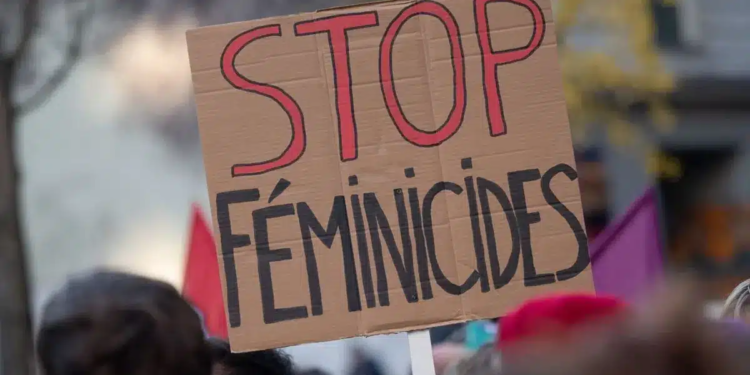Eight years after the entry into force of Law 58, violence against women has not weakened in Tunisia. According to social expert Arbia Lahmer of the National Union of Tunisian Women (UNFT), the figures reveal an alarming situation: 22 women have been killed since the start of the year, mainly by their spouses.
Law 58 called into question
Social specialist Arbia Lahmer, from the Listening and Support Center under the National Union of Tunisian Women, sounded the alarm: the number of violence against women continues to increase despite the promulgation, eight years ago, of Basic Law No. 58 on the elimination of violence against women.
Between January and September 2025, the country recorded 22 feminicides, committed by a spouse or family member. An observation which, according to her, casts doubt on the real effectiveness of the law and its implementation.
These data were presented during a study on the experience of the UNFT in the care of women victims of violence and suffering from cancer, during a meeting entitled “The repercussions of cancer on marital relations”.
466 women assaulted in six months
According to the report, 466 women victims of violence contacted the Union’s structures during the first half of 2025 to benefit from psychological, social and legal support.
The figures show that the marital home concentrates 81% of cases of violence, followed by the family sphere (12%) and the public space (7%), according to data collected by the UNFT’s listening cells and reception centers.
Psychological violence in mind
By type of abuse, psychological and verbal violence comes in first position with 36% of cases, up 5 points compared to 2024. It is followed by economic violence (34%), physical violence (27%) and sexual violence (3%).
On a social level, married women are the most exposed (36%), ahead of separated or engaged women (28%), singles (17%), divorced (15%), widows (3%) and single mothers (1%).
Social pressures, economic inequalities and forced silence
For Arbia Lahmer, the persistence of the phenomenon can be explained by family and social pressures which encourage women to endure violence in order to “preserve the home”. Added to this are cultural factors linked to traditions and patriarchal mentality, as well as economic causes, notably precariousness, unemployment and income inequalities between spouses.
Read also








